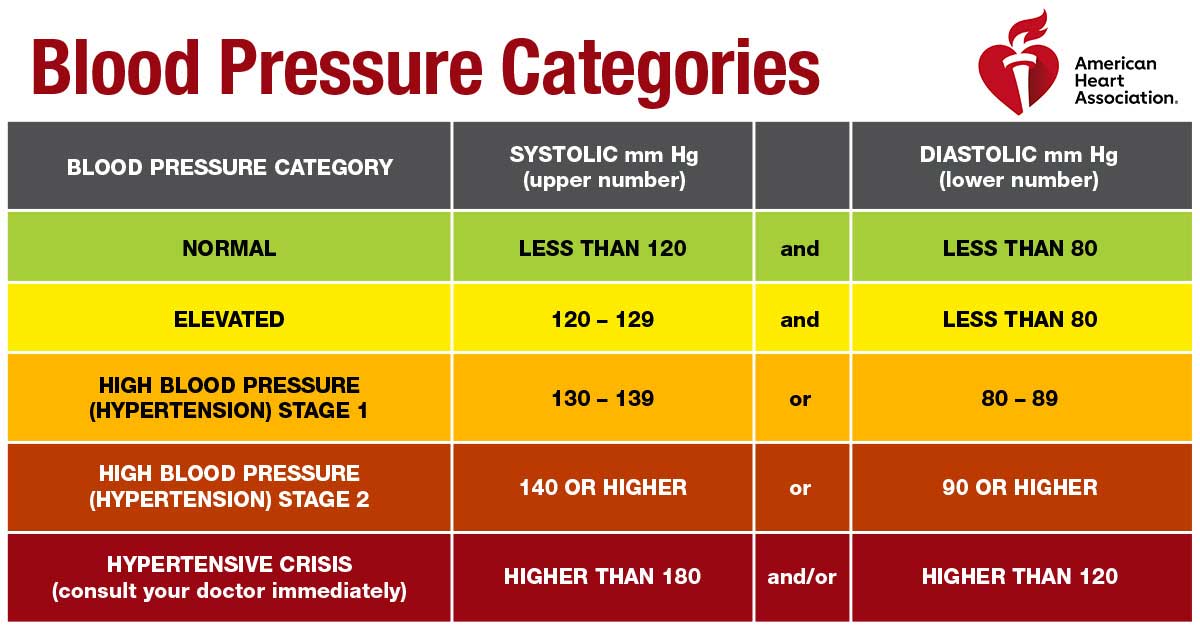While searching for the treatments that slow down the progression of Alzheimer’s, scientists discovered that the common blood pressure drug nilvadipine might hold the promise for Alzheimer’s disease. It may increase the blood flow to the brain’s memory and learning center among people with Alzheimer without causing any side effects to the other parts of the brain.
Through this study, scientists proposed that a decrease in cerebral blood flow in patients with Alzheimer’s can be reversed in some regions.
Nilvadipine is a calcium channel blocker (CCB) utilized for the treatment of hypertension and chronic major cerebral artery occlusion. Scientists tried to find whether nilvadipine could help treat Alzheimer’s illness by contrasting the use of nilvadipine and a placebo among individuals with mild to moderate Alzheimer’s malady.
For this, 44 participants were assigned and received either nilvadipine or a placebo for six months. Neither specialists nor the members knew, who got the medication or the placebo that was uniformly isolated among the two groups.
Scientists also used an MRI technique to measure the blood flow to specific regions at the beginning and the end of the study. The results revealed that blood flow to the hippocampus increased by 20% among the nilvadipine group compared to the placebo group. Blood flow to other regions of the brain was unchanged in both groups.

Study lead author Jurgen Claassen, M.D., Ph.D., associate professor at Radboud University Medical Center in Nijmegen, the Netherlands said, “This high blood pressure treatment holds promise as it doesn’t appear to decrease blood flow to the brain, which could cause more harm than benefit. Even though no medical treatment is without risk, getting treatment for high blood pressure could be important to maintain brain health in patients with Alzheimer’s disease.”
Scientists noted, “The sample sizes were too small and follow-up time too short to reliably study the effects of this cerebral blood flow increase on structural brain measures and cognitive measures.”
Although, during the study, scientists did not measure the effects on cerebral blood flow. Overall, no clinical benefit was noted with the use of nilvadipine. However, a subgroup of patients with only mild symptoms of disease did show benefit, in the sense of a slower decline in memory.
Previous studies have hinted that high blood pressure treatment could reduce the risk of developing dementia. The authors think that beneficial effects on brain blood flow could explain part of this effect.
The study is one of a few to use this MRI technique to probe the effects of treatment on cerebral blood flow, making additional research critical. Besides, the small number of participants of similar race and ethnicity mean that the results may not apply to other populations.
Claassen said, “In the future, we need to find out whether the improvement in blood flow, especially in the hippocampus, can be used as a supportive treatment to slow down the progression of Alzheimer’s disease, especially in earlier stages of the disease.”
The results of the study are published in the journal Hypertension.
